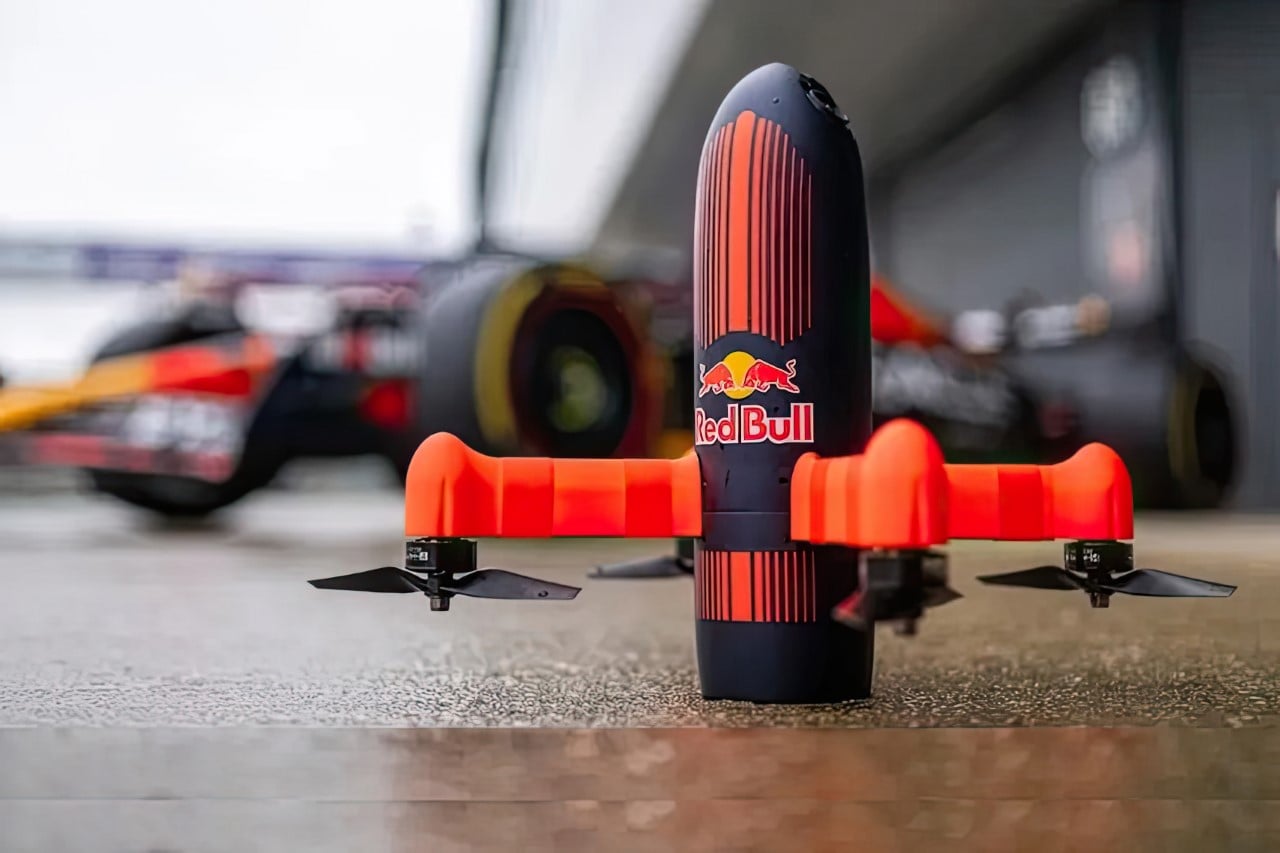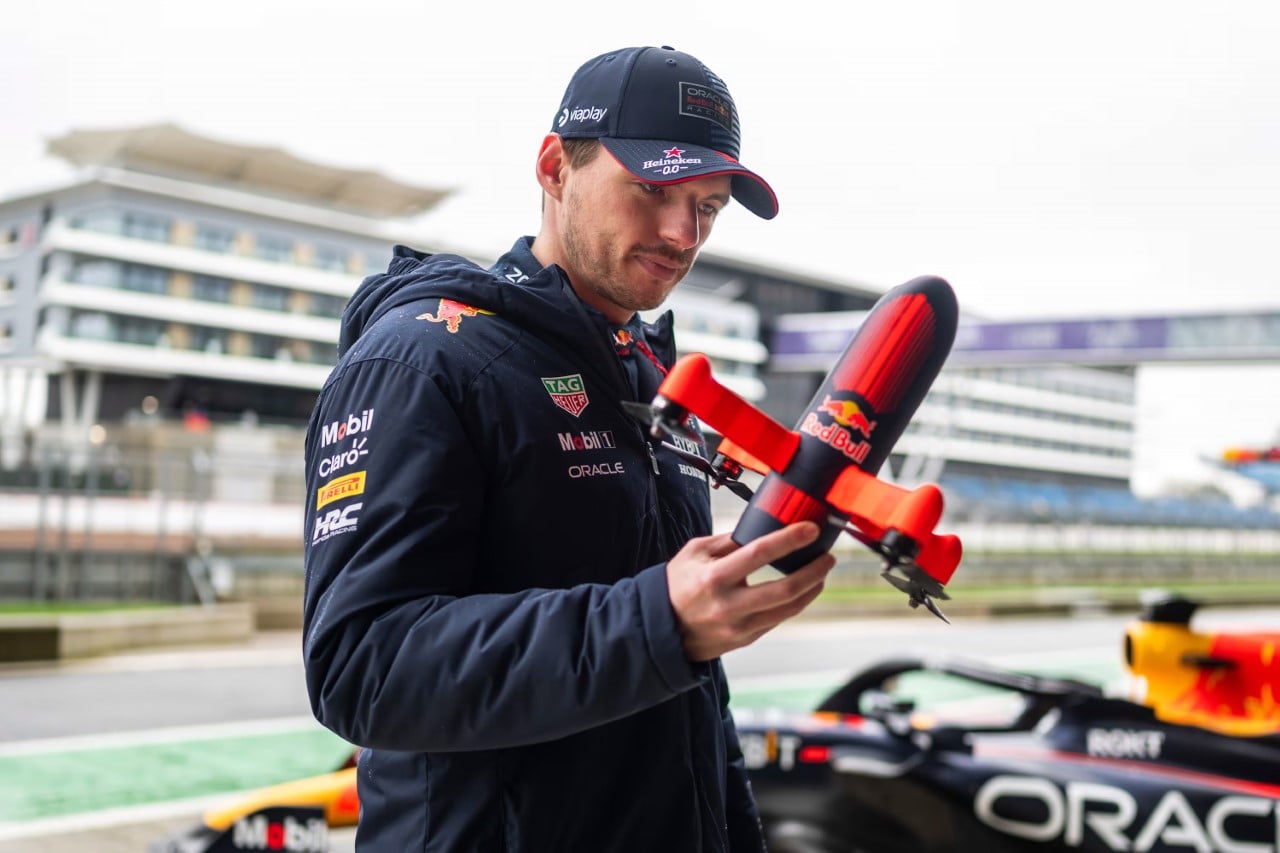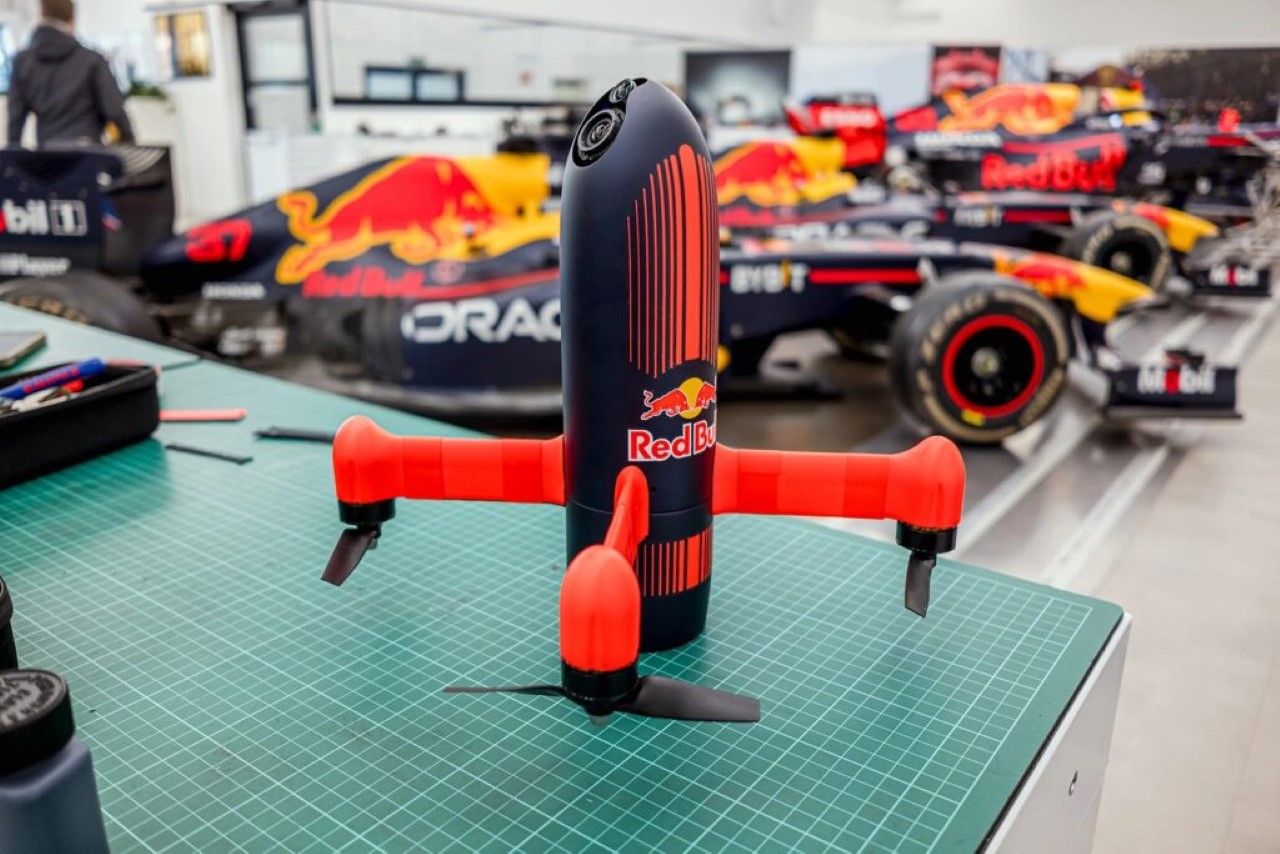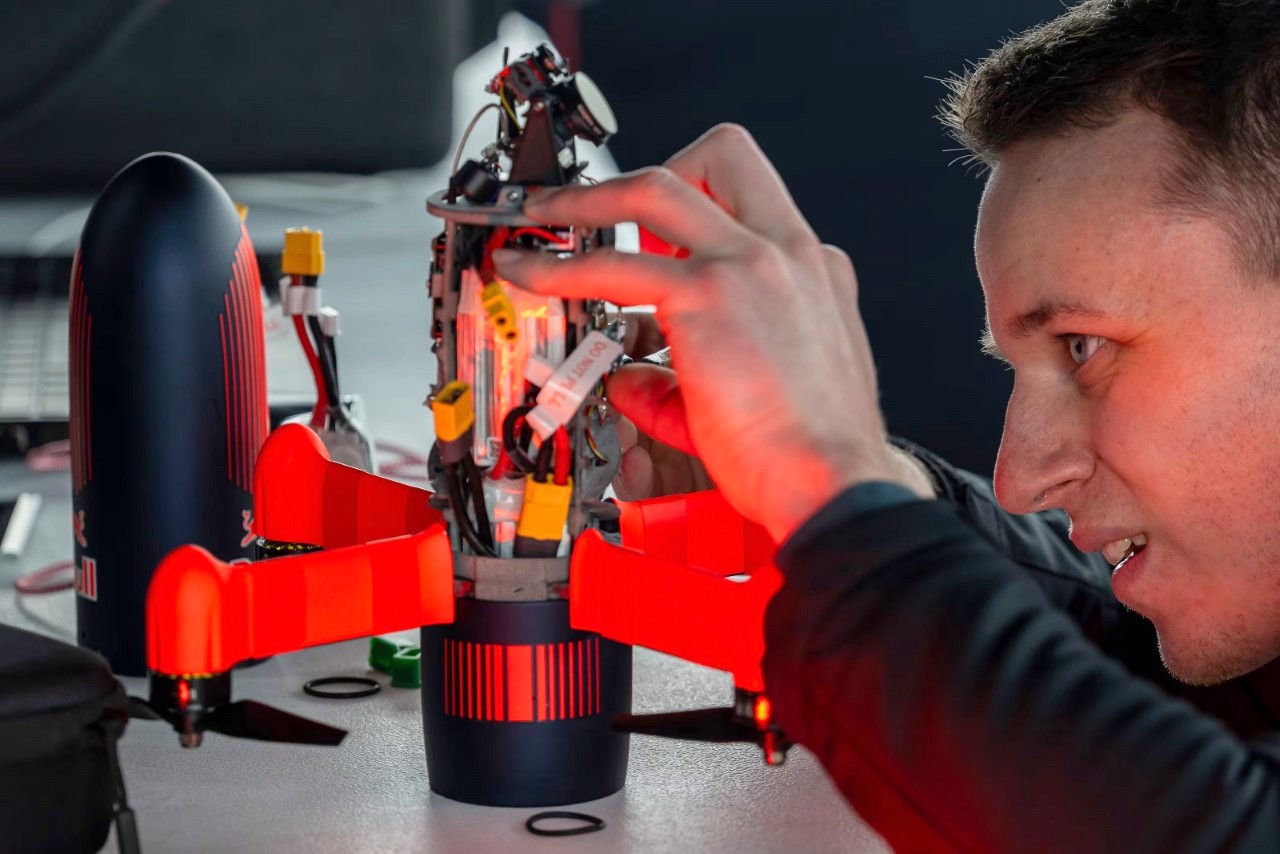- This topic is empty.
-
Topic
-
In the era of cutting-edge technology and adrenaline-fueled spectacles, the unveiling of the world’s fastest FPV drone evokes a mix of awe and trepidation. Resembling a sleek missile slicing through the air, its potential impact transcends mere entertainment, hinting at broader implications that could reshape various arenas beyond the confines of Formula 1.

It’s a venture that seems quintessentially Red Bull: audacious, boundary-pushing, and utterly exhilarating. Their latest endeavor pitted F1 prodigy Max Verstappen against an unlikely adversary—the aforementioned FPV drone, crafted in collaboration with the renowned Dutch Drone Gods. While the Dutch team boasts the title of the world’s fastest FPV filming drone, with a top speed of 150km/h, Verstappen’s F1 car eclipses this velocity twofold.

In the intricate dance of technology and innovation, Red Bull Advanced Technologies and Dutch Drone Gods embarked on a formidable challenge: to engineer a drone capable of shadowing an F1 car with the precision of a third-person video game camera. Yet, the obstacles loomed large. Traditional drones, tethered to fleeting flight times and limited maneuverability, faltered in the face of F1’s blistering speeds and dynamic maneuvers. Undeterred, the collaborative effort birthed a reimagined drone, fortified with machined metal structures, speed-enhancing components, and a resilient composite shell.
The journey to perfection was marked by setbacks and breakthroughs. Trials exposed vulnerabilities—from melting wires under intense heat to the destabilizing gusts of wind unleashed by Verstappen’s roaring F1 machine. Yet, each setback fueled the pursuit of excellence, culminating in a final prototype poised to capture the essence of speed with unrivaled finesse.

The Silverstone track bore witness to this electrifying showdown, as Verstappen’s RB20 car and the FPV drone engaged in a high-stakes race. The goal wasn’t to outrun the F1 juggernaut, but to offer viewers a visceral experience, riding shotgun with Verstappen at breakneck speeds. This paradigm shift in F1 filming heralds a new era of immersive broadcasts, transcending conventional static shots to deliver heart-pounding action in real-time.
However, amidst the excitement lurks a sobering reality. A drone hurtling at 350km/h blurs the line between innovation and apprehension. The implications extend beyond the racetrack, raising concerns about surveillance, reconnaissance, and even the potential for misuse in hostile environments. The allure of speed is undeniable, yet it beckons a cautious reflection on the unintended consequences that accompany progress.

Nonetheless, the accomplishments of Red Bull and Dutch Drone Gods are nothing short of remarkable. With a record-breaking performance and the ability to match the pace of a Formula 1 titan, their FPV drone stands as a testament to ingenuity and audacity—a triumph that transcends the boundaries of sport and technology.
- You must be logged in to reply to this topic.



